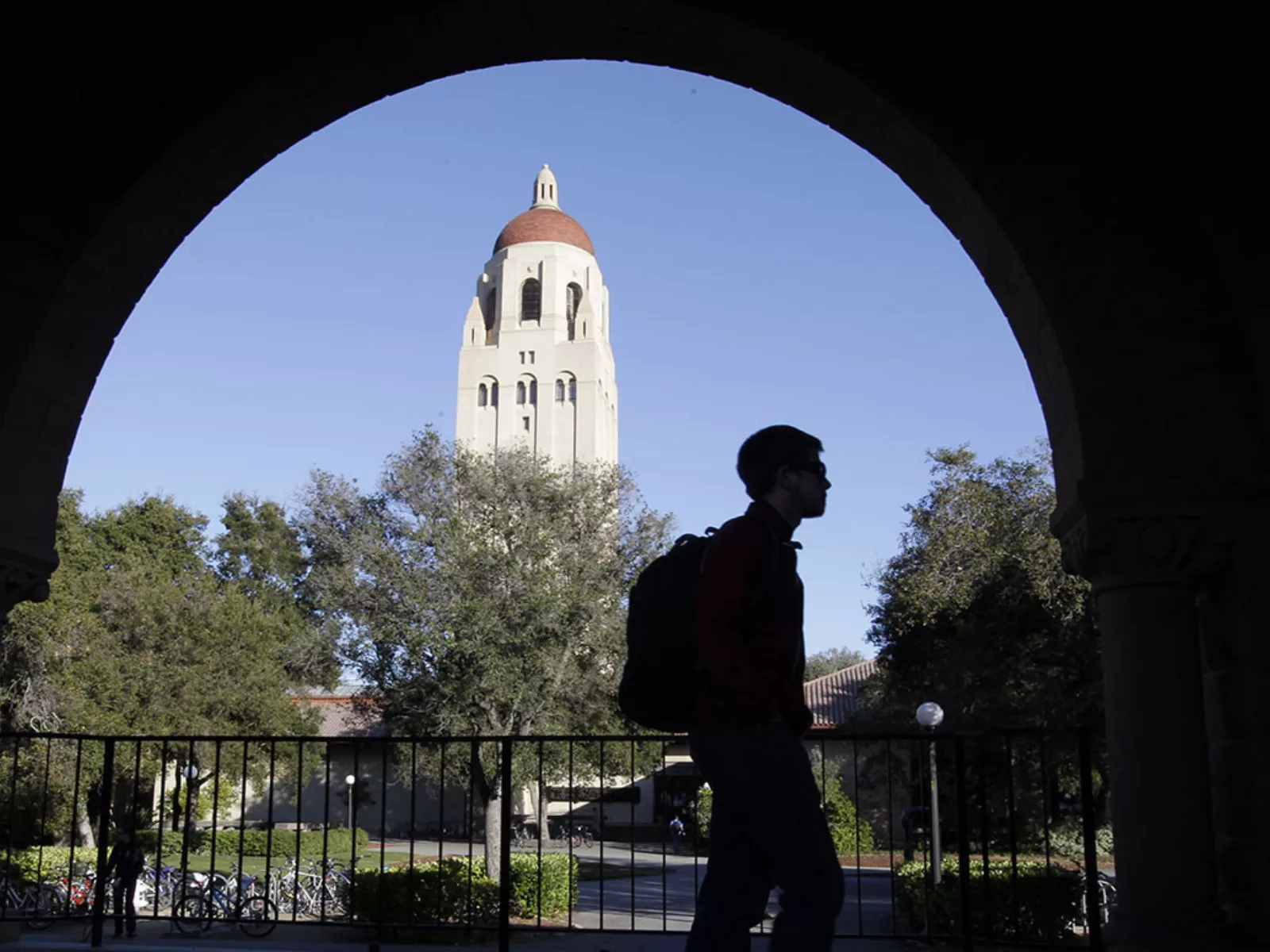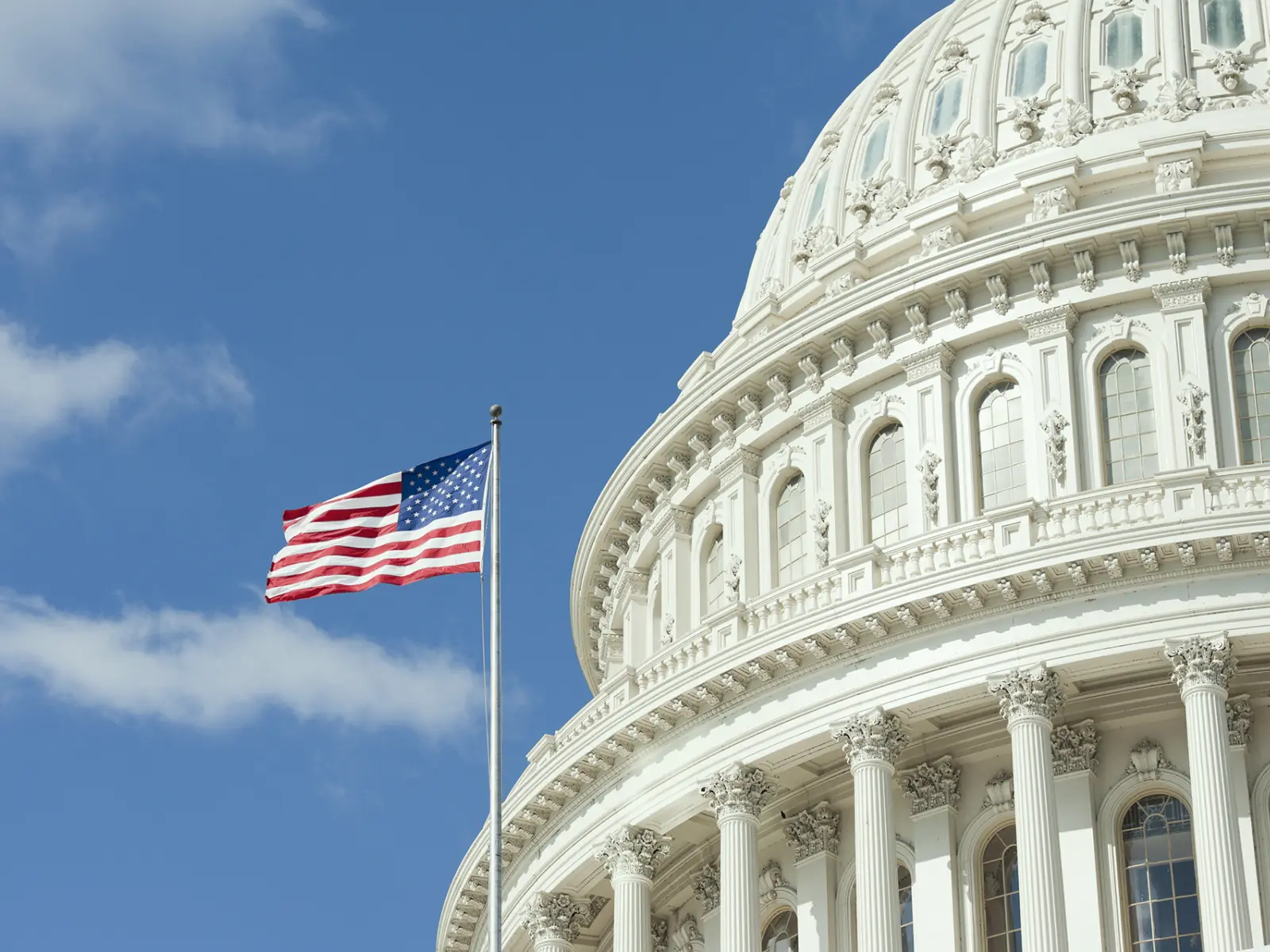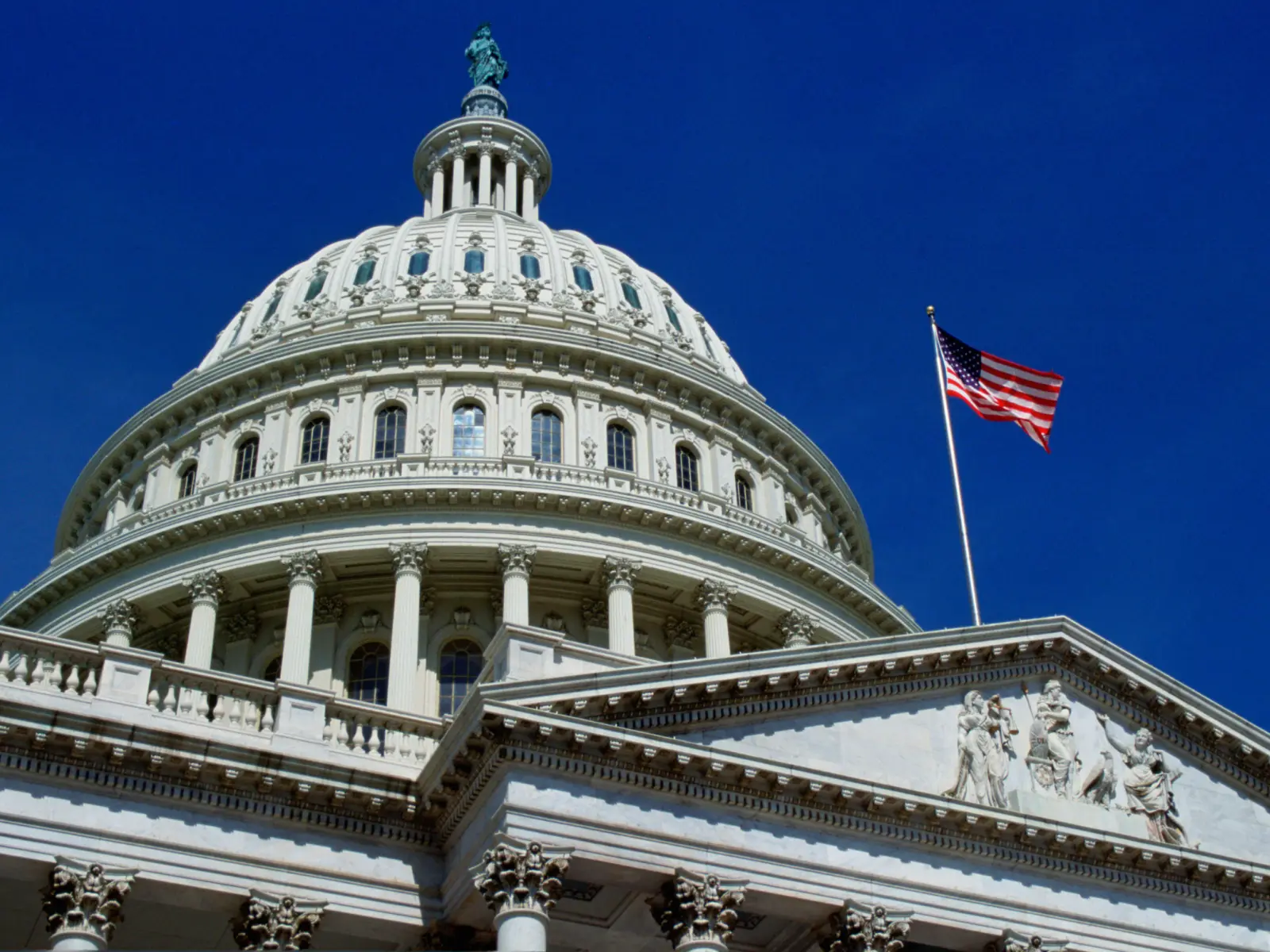Next week, the Supreme Court will review Moore v. United States, a case about whether a couple can be taxed on profits from a foreign company in which they invested, but from which they claim to have never received a check. (Here’s our explanation of Moore v. United States.) As the case approaches, questions have arisen about the connections between the Moores and KisanKraft, the company in which they invested. While the Moores initially asserted that they had no involvement in the company other than their investment, Charles Moore did serve on its board for several years.
Some see the case as a vehicle to stave off a wealth tax. However, as Arnold Ventures’ Executive Vice President of Public Finance George Callas has pointed out, this would be an incorrect understanding of income and wealth. “The Moores aren’t being taxed on the change in the value of their shares,” said Callas in a recent article for The Washington Post. “They’re not being taxed on the price of their shares, which would be like a wealth tax. … What’s being taxed is actual earnings and profit.” Callas helped write the section of the 2017 tax law at issue in this case.
In Bloomberg Tax, Callas explains further the potential effects of the case on the federal tax code. “If the court struck down the tax, the status of several other government taxes on business profits would be up in the air, including law around partnerships, S Corporations, and the treatment of global intangible low-taxed income.” In other words, the case could have significant effects on the government’s ability to raise revenue and pay its bills.
Read more about the case, the new revelations of the Moores’ involvement in KisanKraft, and the implications of a ruling on the U.S. tax code:
- “This lawsuit could disrupt the U.S. tax system. Key facts are in dispute.” in The Washington Post (free link)
“’[The Moores’] logic is, you can’t tax an owner on profits earned by the business they own unless those profits are sent up to the owner through a dividend or some other type of payment. Huge swaths of the tax code are based on the premise that you absolutely can do that,’ Callas said.” - “Former TCJA Staffer Defends Validity of Transition Tax in Moore” in Thompson Reuters
“Callas said the Moore’s attempt to frame the MRT as a ‘wholly new tax’ is ‘incorrect’ because, in his view, the MRT ‘is an income inclusion.’” - “Supreme Court May Opt for Narrow Ruling on Foreign Earnings Tax” in Bloomberg Tax
“If the court struck down the tax, the status of several other government taxes on business profits would be up in the air, including law around partnerships, S Corporations, and the treatment of global intangible low-taxed income, said George Callas, a former House Ways and Means and Republican leadership tax policy staffer.” - “Moore v. United States: Our amicus brief and guide to the landmark tax case before the Supreme Court” at the Tax Law Center at NYU Law
“George Callas, who was senior tax counsel for the House Ways & Means Committee in 2017, has said that calling this provision the “MRT” is somewhat misleading because it portrays it as a new tax, when in fact it simply triggers taxes that would have been paid in prior years had there not been a taxpayer-favorable ability to delay that tax under the old régime.” - “Talking Taxes in a Truck Episode 30: George Callas on Moore”
- “Moore v. US Ruling Could Widen Deficits, Upend Tax Law” in Committee for a Responsible Federal Budget
Related: The amicus brief filed by George Callas and Mindy Herzfeld for the case.


















